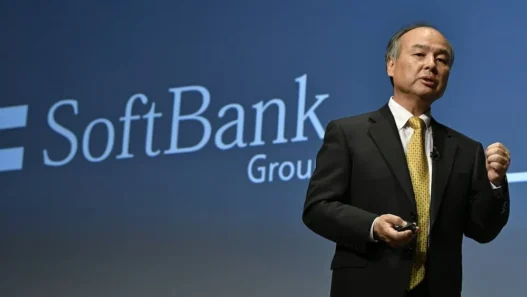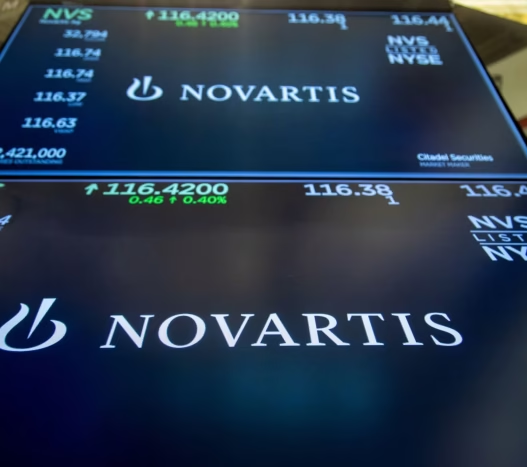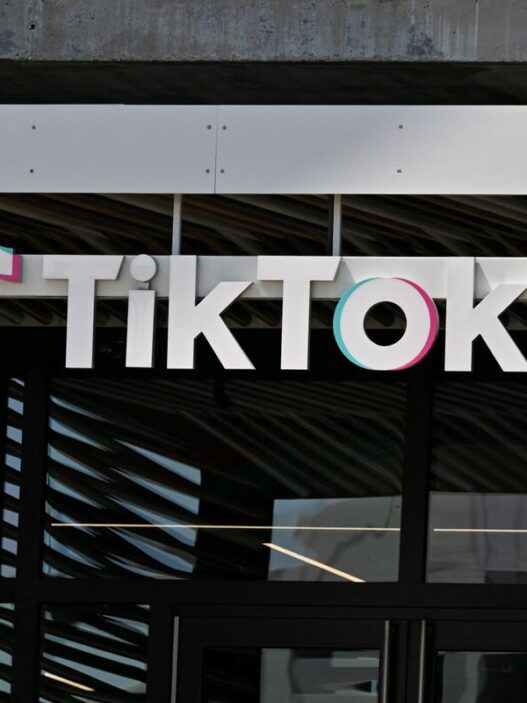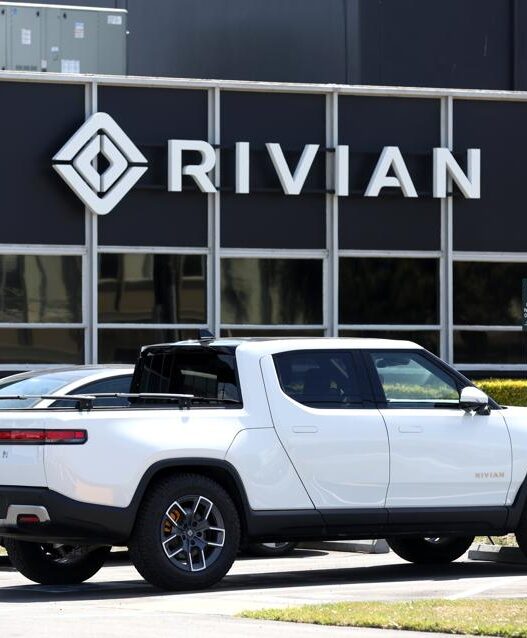The idea of a trillion-dollar startup has moved from the realm of science fiction into mainstream business conversation. Companies like Stripe, SpaceX, and ByteDance have been valued at hundreds of billions, prompting investors, entrepreneurs, and analysts to ask: Is it possible for a privately held startup to reach a $1 trillion valuation?
While tech giants like Apple, Microsoft, and Amazon have long crossed the trillion-dollar mark as public companies, a privately held startup faces unique challenges and dynamics. Achieving a trillion-dollar valuation requires a combination of market dominance, exponential growth, visionary leadership, and investor exuberance—all while navigating regulatory scrutiny and global competition.
The Current Landscape of High-Value Startups
Today, the startup ecosystem is flush with “decacorns”—startups valued over $10 billion. A few examples include:
- Stripe: $95 billion valuation, dominating online payments
- SpaceX: $150 billion, revolutionizing aerospace
- ByteDance: $140 billion, home to TikTok
- Klarna: $45 billion, transforming fintech
- Canva: $40 billion, redefining design software
These firms demonstrate that massive private valuations are achievable, particularly when the company addresses a global market, leverages technology, and builds an irreplaceable ecosystem.
What It Takes to Hit $1 Trillion
Achieving a $1 trillion valuation is a fundamentally different scale than the $10–100 billion club. Key factors include:
- Market Size
A startup must operate in a multi-trillion-dollar addressable market. For example:- Payments (Stripe) → $150+ trillion in global transactions annually
- AI cloud computing (OpenAI + Microsoft partnership) → $1 trillion potential market
- Social media and digital advertising (ByteDance) → $1+ trillion global ad spend
- Network Effects
The company must create services or platforms that grow stronger as more users join—making it almost impossible for competitors to displace them. - Global Reach
To justify a trillion-dollar valuation, startups often need international adoption, overcoming regional regulatory and cultural barriers. - Monetization Strategy
Scale is meaningless without revenue. Startups must have robust, scalable monetization models capable of sustaining hypergrowth. - Technological Moats
Proprietary technology, AI capabilities, or unique data advantages create defensibility, preventing competitors from eroding market share. - Investor Sentiment
Valuations ultimately reflect perceived future potential, not current profits. High-risk capital is willing to back visionaries betting on disruption at scale.
Historical Comparisons: What Makes a Trillion-Dollar Company?
Looking at public companies that crossed $1 trillion, several patterns emerge:
| Company | Time to $1 Trillion | Key Drivers |
|---|---|---|
| Apple | 42 years | Hardware innovation, iPhone ecosystem, brand loyalty |
| Microsoft | 41 years | Enterprise software, cloud computing, recurring revenue |
| Amazon | 24 years | E-commerce dominance, AWS cloud platform |
| Alphabet | 21 years | Search engine monopoly, advertising, cloud services |
| Tesla | 17 years | EV market leadership, innovation in energy storage |
Startups attempting to replicate this success must compress decades of growth into a shorter timeline while remaining private—a significantly more difficult feat.
Challenges for Startups Approaching $1 Trillion
- Regulatory Scrutiny
Companies of this scale attract antitrust investigations, global regulatory pressure, and political attention. - Funding Requirements
Private capital to support trillion-dollar valuations is enormous. Firms need hundreds of billions in cumulative investment, which could be diluted across many funding rounds. - Talent Acquisition and Retention
At this scale, human capital becomes a strategic bottleneck. Attracting and keeping top talent globally is critical. - Market Saturation Risk
Even if the vision is massive, market adoption may plateau, causing valuation corrections. - Economic Volatility
Macro shocks—recession, interest rate hikes, or geopolitical crises—can derail investor confidence, shrinking private valuations rapidly.
Potential Candidates for Trillion-Dollar Status
Analysts and venture capitalists have speculated about which startups might cross the $1 trillion mark in the coming decade:
- Stripe: Payments infrastructure is essential to the global economy.
- SpaceX: Dominating satellite internet and space transport markets.
- ByteDance: AI-powered content and social media with global reach.
- OpenAI (with Microsoft partnership): Generative AI services are poised to transform multiple industries.
- Epic Games / Roblox: Massive gaming and metaverse ecosystems.
All share a combination of network effects, technology moats, and global scale—the hallmarks of a potential trillion-dollar startup.
The Role of Investors and Private Markets
Achieving a $1 trillion private valuation requires investor belief in long-term disruption. Private markets today are willing to reward:
- Exponential growth potential
- Market monopoly or near-monopoly positioning
- Recurring revenue models
- Ability to generate future profits at scale
However, private markets are also less liquid and more volatile, meaning a trillion-dollar valuation may not reflect a real market price. The company must eventually demonstrate credible path to liquidity, either through IPO or secondary market sales, for the valuation to be “realized.”
Could It Happen? Experts Weigh In
“Trillion-dollar private startups are theoretically possible, but practically, they are extremely rare. The combination of market, technology, and timing has to be perfect,” says a Silicon Valley venture capitalist.
“The key difference between public trillion-dollar giants and startups is scale. Private companies are not trading on public markets yet, so valuations are mostly narrative-driven,” notes an economic analyst.
Conclusion
Can a startup be worth a trillion dollars? Yes—but it is extraordinarily difficult. Only firms with massive addressable markets, dominant network effects, proprietary technology, global reach, and deep investor faith have a chance. Even then, regulatory hurdles, market adoption limits, and economic volatility make it a high-risk, high-reward aspiration.
In the coming decade, the race to the first trillion-dollar private startup will test not only visionary leadership but also the limits of global markets, investor patience, and technological innovation. Whether Stripe, SpaceX, ByteDance, or an entirely new player achieves it remains the trillion-dollar question.






















